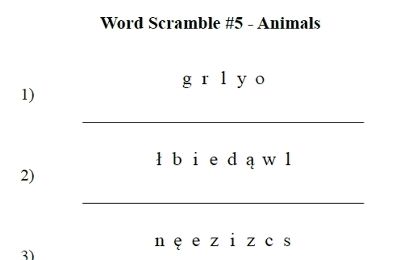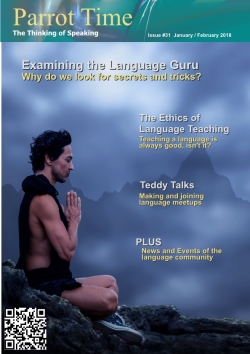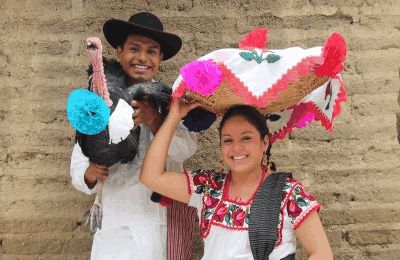
Turkish Added to the
Library of Languages Aurora, Colorado, May 16, 2017– LingoHut, a free language website, has added Turkish to its repertoire of languages it teaches through its online learning platform. LingoHut helps by making basic language skills available to travelers and immigrants moving from one country to another as well as those that are simply interested in learning a new language. With the world becoming more interconnected, free and assessable language platforms, like LingoHut, are necessary. As Turkish speakers emigrate from their homes, they, like all immigrants, will be confronted with language barriers wherever they go. LingoHut makes sure people have a place to start with basic conversational skills and phrases. Any Turkish speaker can now learn how to communicate in German, French, Italian, Portuguese, Russian, Spanish, Dutch, English, Chinese, or Japanese. Click here to see an example lesson for Turkish speakers to learn German. On the other hand, people moving to Turkey may need to become more proficient in Turkish. LingoHut helps people get started on their journey to learn Turkish from their native language and become productive. Click here to see the languages we offer Turkish to. LingoHut provides the opportunity to build fundamental communication skills in a new language, and since it is completely free, all those with an internet connection can access it. Strong language skills are an asset that promotes a lifetime of success. We present over 50 languages, helping a wide scope of immigrants and travelers assimilate or gain understanding by developing new skills.
Maori Language and Dance
Fight Dementia, Report Says We all know that learning a new language and participating in other cultures can broaden your mind, but could it possibly also be saving your mind? Perhaps not every language and culture, but new research suggests that participating in kapa haka and speaking Te Reo Māori may help older Māori stave off dementia. The Life and Living in Advanced Age: a Cohort Study in New Zealand (LILACS NZ), conducted by the University of Auckland with $1.8 million in Government funding, provided several reports about Māori and non-Māori health needs and made comparisons to investigate potential disparities. There appear to be no significant differences in the prevalence of dementia between Maori and non-Maori, the results show, even though the Maori have poorer lifestyle factors, such as limited access to education and healthcare services. So what could be preventing the rise in dementia the health experts would expect? Researchers have speculated that part of the this may have to do with being bilingual, with the Maori speaking both their native Te Reo language and English. They also think their greater involvement in cultural activities, like the kapa haka, may be a factor. The kapa haka is a performance of various choral song and dances, many of which have complicated moves and require good coordination. "Other risk factors for dementia, such as cardiovascular disease and smoking, are also higher among Maori,'' the report says. "On the other hand, bilingual status is associated with a lower risk of dementia." |
| News Brief | ||
| Writer: | Erik Zidowecki | |
All images are Copyright - CC BY-SA (Creative Commons Share Alike) by their respective owners, except for Petey, which is Public Domain (PD) or unless otherwise noted.
|
Looking for learning materials? Scriveremo Publishing, has lots of fun books and resource to help you learn a language. Click the link below to see our selection of books, availlable for over 30 langauges!
| |
comments powered by Disqus













































